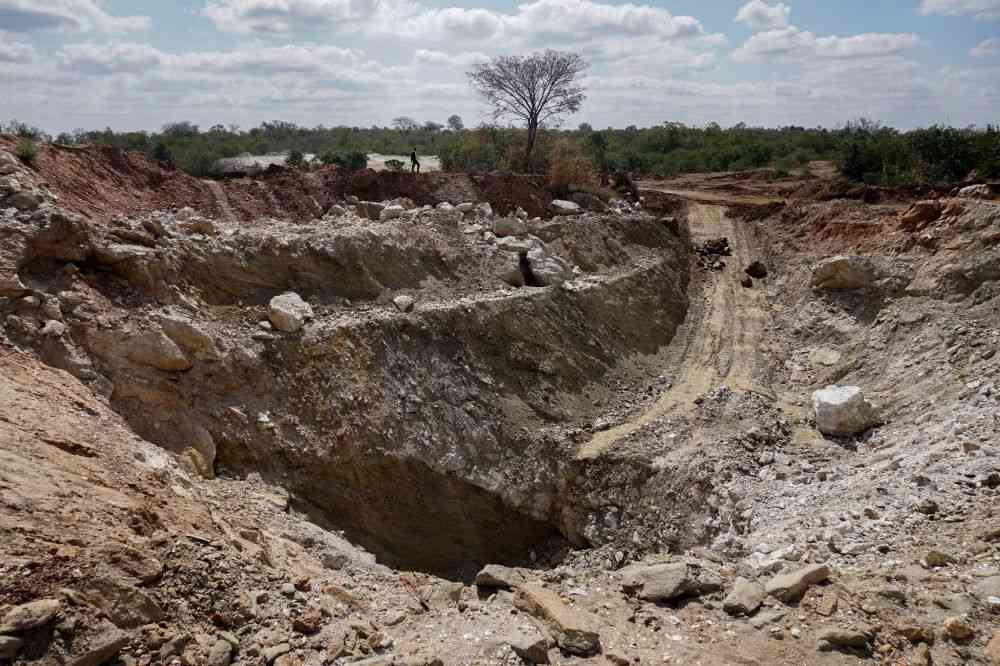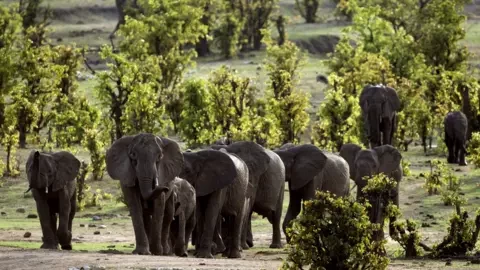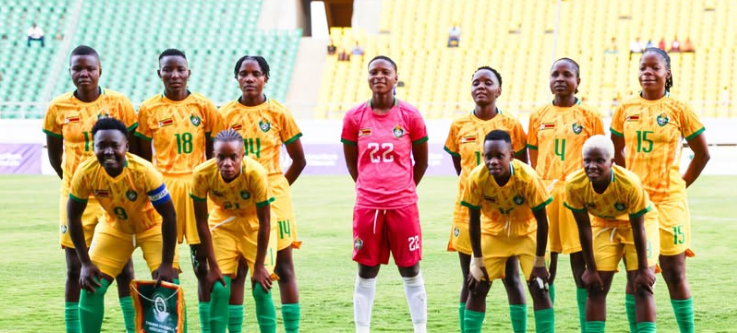
Youths from around Zimbabwe have complained about widespread abuse in foreign-owned mining companies where owners operate with impunity.
They cited wage theft, unsafe working conditions, environmental degradation and rising cases of child marriages and fatherless children in mining communities.
They revealed the labour rights violations during a youth symposium held on the sidelines of the Zimbabwe Alternative Mining Indaba in Bulawayo recently.
The event was co-hosted by the Zimbabwe Environmental Law Organisation (Zelo), the Zimbabwe Council of Churches (ZCC) and Action Aid under the theme “Empowering Youth for a Just and Sustainable Mining Future: Driving Inclusive Growth in the Just Energy Transition.”
Many participants accused some mining companies of exploiting workers.
Youths from Hwange and Zvishavane cited monthly renewable contracts, low pay, and the absence of proper protective clothing.
“Most workers are hired as ‘general hands’ even when they do specialised work like electrical fitting or mechanics," said Nkosi Sibanda from Hwange.
"You end up doing skilled work but being paid a general hand’s salary.”
- Set up environmental courts: CSOs
- The Fiddler: A strange endingA strange ending
- ‘Empower youths in governance processes’
- Ukraine war leaves 323m people facing hunger
Keep Reading
A youth from Zvishavane added: “If you’re injured underground, you only get two days off before being forced back. Safety rules exist on paper, but not in reality. We are losing lives.”
Others highlighted social costs from sexual exploitation and teenage pregnancies to the neglect of children fathered by foreign mine workers.
“Some parents allow their daughters into relationships with Chinese miners because of poverty but the children are often abandoned,” one participant said.
Mining has also left scars on the environment.
A Bulawayo youth cited a quarry mine in Pumula South, which she said caused both land degradation and human–wildlife conflict.
“Explosives drive baboons into homes near schools and residential areas,” she said.
Another youth from Masvingo accused government of turning a blind eye.
“In 2024, the UN Business and Human Rights survey raised these same concerns," he said.
"Government dismissed them as exaggerated, yet here we are in 2025 facing the exact same abuses."
Despite these challenges, young people called for urgent reforms in the mining sector.
Mining engineer, Paul Matshona, from the Zimbabwe School of Mines urged youths to embrace technology to transform the sector.
“With geo-spatial technology, we can remotely assess environmental impacts and track biodiversity changes," Matshona said.
"Artificial intelligence and machine learning can help translate mining policies into local languages and design tools for small-scale miners in remote areas."
He added that robotics and automation are already reshaping global mining.
"By 2030, entrepreneurship will no longer be about buying and selling; it will be innovation-driven. Programming is the new norm,” Matshona said.
Ruth Sibanda, from the Ministry of Youth Empowerment, Development and Vocational Training, encouraged youths to familiarise themselves with mining policies and funding opportunities.
"Understanding the difference between owning a mine, profiting from it, and benefiting from community resources is key," Sibanda said.
"If you don’t know the policies, you may think mining is only for foreigners, yet there are funds to help youths formalise operations."
Joshua Machinga, from Zelo, told Southern Eye on Sunday that his organisation is working to close the accountability gap.
“We have trained over 60 paralegals and environmental defenders to document violations and engage authorities," Machinga said.
"We have also supported artisanal miners with protective equipment and pushed for reforms like the Mines and Minerals Bill, which includes stronger environmental protections."
Machinga said youth must be central to shaping solutions.










